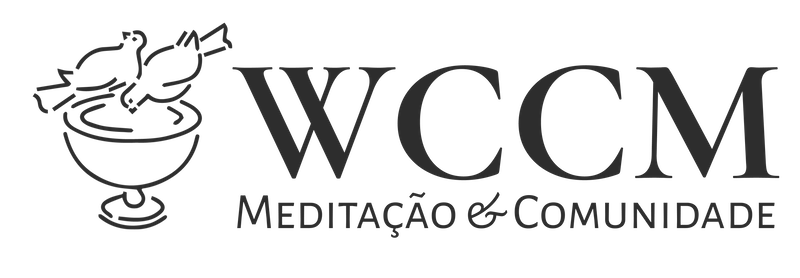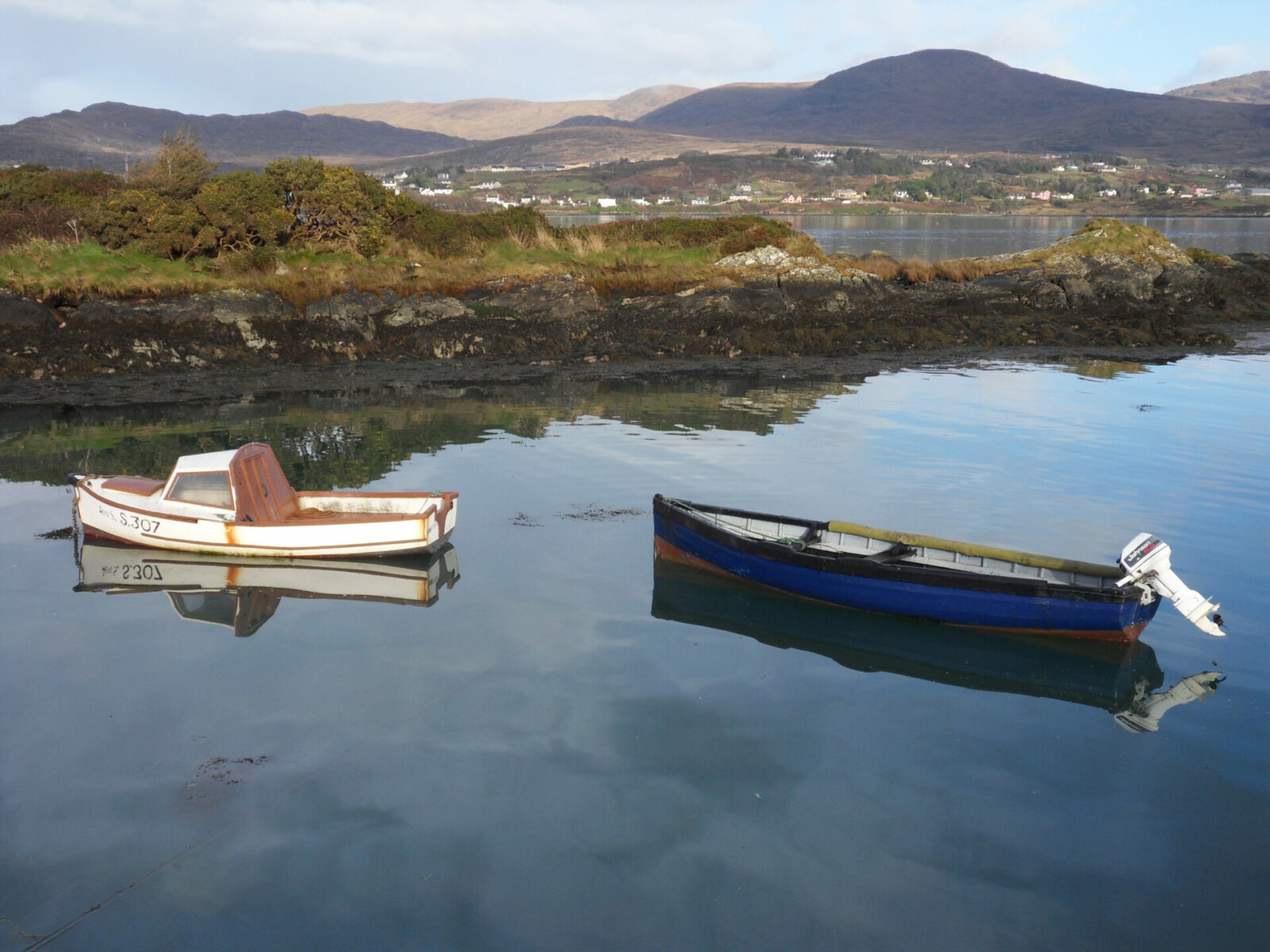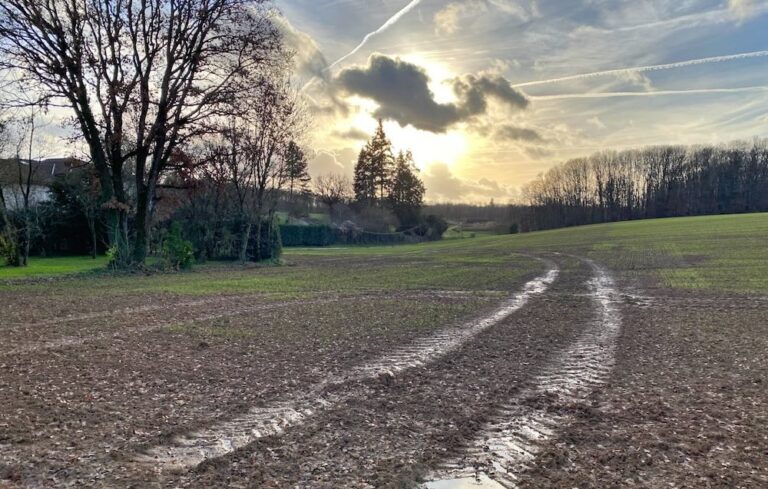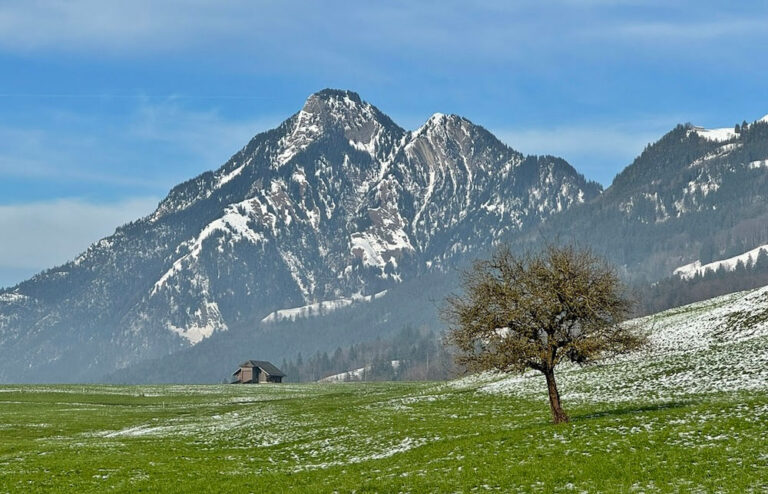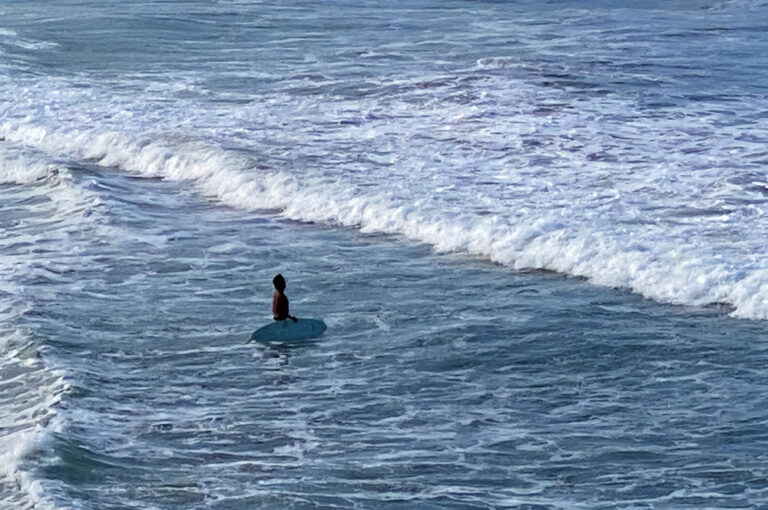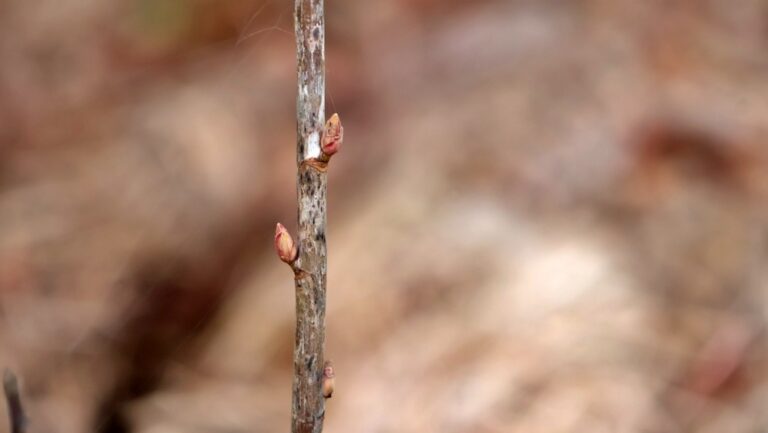Segundo Domingo do Advento
A balsa que atravessa várias vezes por dia o trajeto entre a Ilha de Bere, Irlanda, e o continente leva apenas cerca de um quarto de hora.
Esta manhã, inesperadamente, chamei o ‘mestre’ do barco para essa viagem de ‘Ferryman’.
Eu estava pensando em Charon, a figura mitológica que carregava os mortos em um barco através do rio da morte para o outro mundo. Antes do enterro, parentes do falecido colocavam um obon, uma moeda de baixo valor, na boca do falecido como pagamento ou suborno a Charon. (A balsa da Ilha de Bere tem uma tarifa mais baixa para os locais e você obtém uma tarifa com desconto para doze viagens.)
Em tempos Cristãos essa prática de se preparar para a jornada deste mundo para o próximo tornou-se viaticum, a hóstia consagrada colocada na língua da pessoa moribunda. Significa literalmente ‘provisão para a jornada’. Como é colocada na boca, estas palavras podem ser ditas: ‘Que o Senhor Jesus Cristo o proteja e o conduza à vida eterna’.
Hades era o nome do deus do submundo e objeto de grande medo e superstição, pois sua principal tarefa era impedir que qualquer um de seus convidados fugisse.
No novo mito que o substituiu, frequentemente ouvimos a pergunta ‘por que você tem medo’. Somos convidados a acreditar na possibilidade real de viver livre do medo.
Pensei hoje, enquanto fazia a travessia e retornava à ilha, que essas viagens frequentes na balsa da Ilha de Bere são como ensaios que todos fazemos nas muitas histórias pessoais de nossas vidas. São momentos em que devemos morrer para nossas expectativas, planos e esperanças, ou quando os relacionamentos se desenrolam e aprendemos lições dolorosas sobre nós mesmos, enfrentando as dores do nascimento de um novo eu.
Cada viagem, cada história, é ao mesmo tempo separação do passado e do familiarizado, uma pequena morte, e ainda é um retorno ao ponto de partida, vendo-o com novos olhos e uma gratidão fresca e tranquilizadora.
Ao cruzar a água, a cidade ou a ilha na viagem de volta, parece estar se aproximando de você, o que é verdade, mas apenas porque você está indo em direção a ela. Esta é a ilusão embutida em tudo o que habitamos em nosso mundo temporal e espacial e em nossa percepção excessivamente linear. O outro lado pode ser assustador. Mas e se Hades fosse substituído por um João Batista, que é a figura principal no evangelho de hoje? Ele não pediu a ninguém por uma taxa, mas o mundo saiu para vê-lo no deserto simplesmente para perguntar ‘o que devemos fazer? Mostre-nos como viver’.
Os profetas não são sentimentais por natureza e são econômicos com suas palavras. Mas eles comunicam uma compaixão profunda por todos os que sofrem nas viagens frequentes de nossas vidas entre o familiar e o outro lado.
É difícil fazer essas viagens, embora as vistas possam ser magníficas, até que percebamos completamente que o que estamos indo encontrar está vindo em nossa direção.
No meio do caminho entre os dois lados, há aquele ponto de quietude onde o aqui e agora, proporciona simultaneamente a oportunidade de encontro entre o passado e o futuro no momento presente.
TEXTO ORIGINAL
Advent Reflections 2023
Second Sunday of Advent
The ferry that crosses the water several times a day between Bere Island and the mainland only takes about a quarter of an hour. This morning I unexpectedly called the ‘master’ of the boat for that trip ‘Ferryman’. I was thinking of Charon the mythological figure who carried the dead in a boat across the river of death to the other world. Before burial, relatives of the dead person would place an obon, a low value coin on or in the mouth of the dead person as payment or a bribe to Charon. (The Bere Island ferry has a lower rate for locals and you get a discounted rate for twelve trips.)
In Christian times this practice of preparing for the journey from this world to the next became viaticum, the consecrated hosted placed on the tongue of the dying person. It means literally ‘provision for the journey’. As it is placed in the mouth these words may be said ‘May the Lord Jesus Christ protect you and lead you to eternal life’. Hades was the name of the god of the underworld and an object of great fear and superstition because his main task was to prevent any of his guests from ever leaving. In the new myth that replaced him we often hear the question ‘why are you afraid’. We are invited to believe in the real possibility of living free from fear.
I thought, as I crossed the water and returned to the island today, that these frequent trips of the Bere Island ferry are like trial runs that we all make in the many personal stories of our lives. They are times when we must die to our expectations, plans and hopes or when relationships unravel and we learn painful lessons about ourselves and are faced with the pangs of the birth of a new self. Every trip, every story, is both separation from the past and the familiar, a little death, and yet it is also a return to where started and seeing it with new eyes and fresh, reassuring gratitude.
As you chug across the water, the town, or the island on the return trip, seems to be coming towards you, which is true but only because you are going towards it. This is the illusion built into all that we inhabit in our temporal-spatial world and too linear way of perception. The other side can be frightening. But what if Hades was replaced by a John the Baptist who is the main figure in today’s gospel. He didn’t ask anyone for a fee but the world came out to see him in the wilderness simply to ask ‘what shall we do? Show us how to live’.
Prophets are not sentimental by nature and are economical with their words. But they communicate a sharp compassion for all who suffer on the frequent trips of our lives between the familiar and the other side. It is hard to make these trips, although the views can be magnificent, until we fully realise that what we are going towards is coming towards us.
Half-way between the two sides there is that point of stillness where here is where we are and where past and future are in the present.
